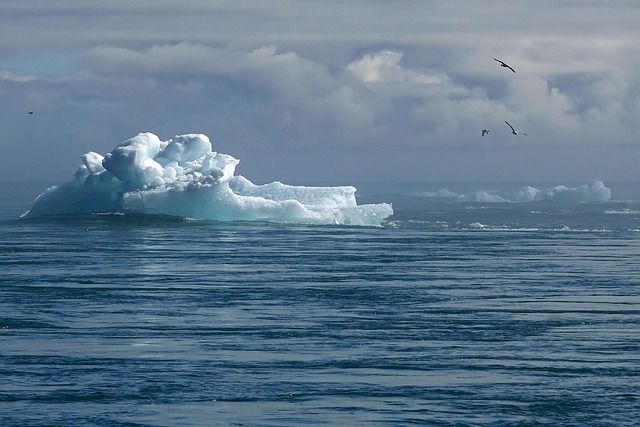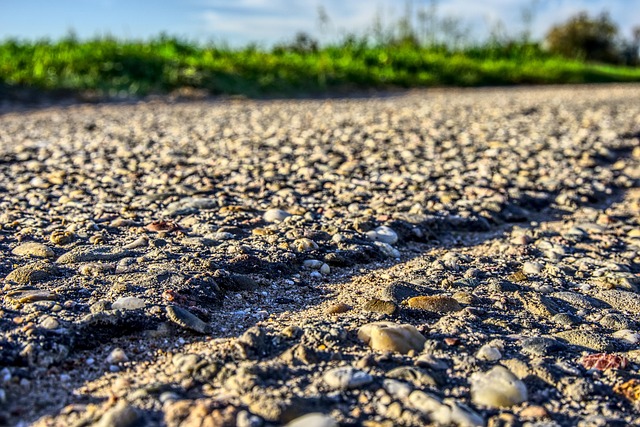As we witness an alarming increase in extreme weather events across the globe, it’s impossible to ignore the impact of climate change on our environment. From devastating hurricanes to unprecedented heatwaves, the effects of climate change are evident, influencing not just our weather patterns but our way of life.
The relationship between climate change and severe weather is intricate but critical. On one hand, rising global temperatures caused by greenhouse gas emissions lead to more intense and frequent natural disasters. On the other hand, these extreme weather patterns serve as a stark reminder of our responsibility to safeguard the planet. As temperatures rise, we see a significant increase in the prevalence of heatwaves, droughts, and heavy rainfall, each carrying catastrophic consequences for ecosystems, wildlife, and human societies.
Consider the environment around you: communities facing floods that wash away homes and livelihoods or the forest fires that turn vibrant landscapes into ash. These vivid realities exemplify how the effects of climate change are not just future threats; they are ongoing crises shaping lives today. Every storm that wreaks havoc and every drought that dries up our resources tells a story of a planet grappling with imbalance.
The data is sobering. According to leading scientific research, climate change is set to increase the intensity of natural disasters exponentially, creating a feedback loop of destruction that we cannot afford to ignore. For instance, warmer oceans contribute to more powerful hurricanes, while rising temperatures lead to increased evaporative losses, leaving regions parched and vulnerable.
Moreover, these extreme weather phenomena carry socio-economic repercussions, affecting agriculture, infrastructure, and public health. Farmers struggle with unpredictable planting seasons, urban planners grapple with ensuring resilient infrastructure, and health professionals prepare for climate-related health crises. The cascading effects ripple through communities, straining resources and igniting conflicts over necessities like water and food.
Addressing climate change requires collective action and a profound reassessment of how we interact with our environment. From implementing sustainable practices in our daily lives to holding industries accountable for their carbon footprints, each of us has a role to play. It’s not just an environmental issue; it’s intertwined with our futures and the legacies we leave for generations to come.
In the face of these challenges, igniting conversations about climate action and fostering community resilience is crucial. By understanding the profound effects of climate change on our planet, we cultivate a deeper awareness of our responsibilities as stewards of both the environment and society. Recognizing that every small step counts can inspire collective efforts towards a healthier planet and a more sustainable future.




